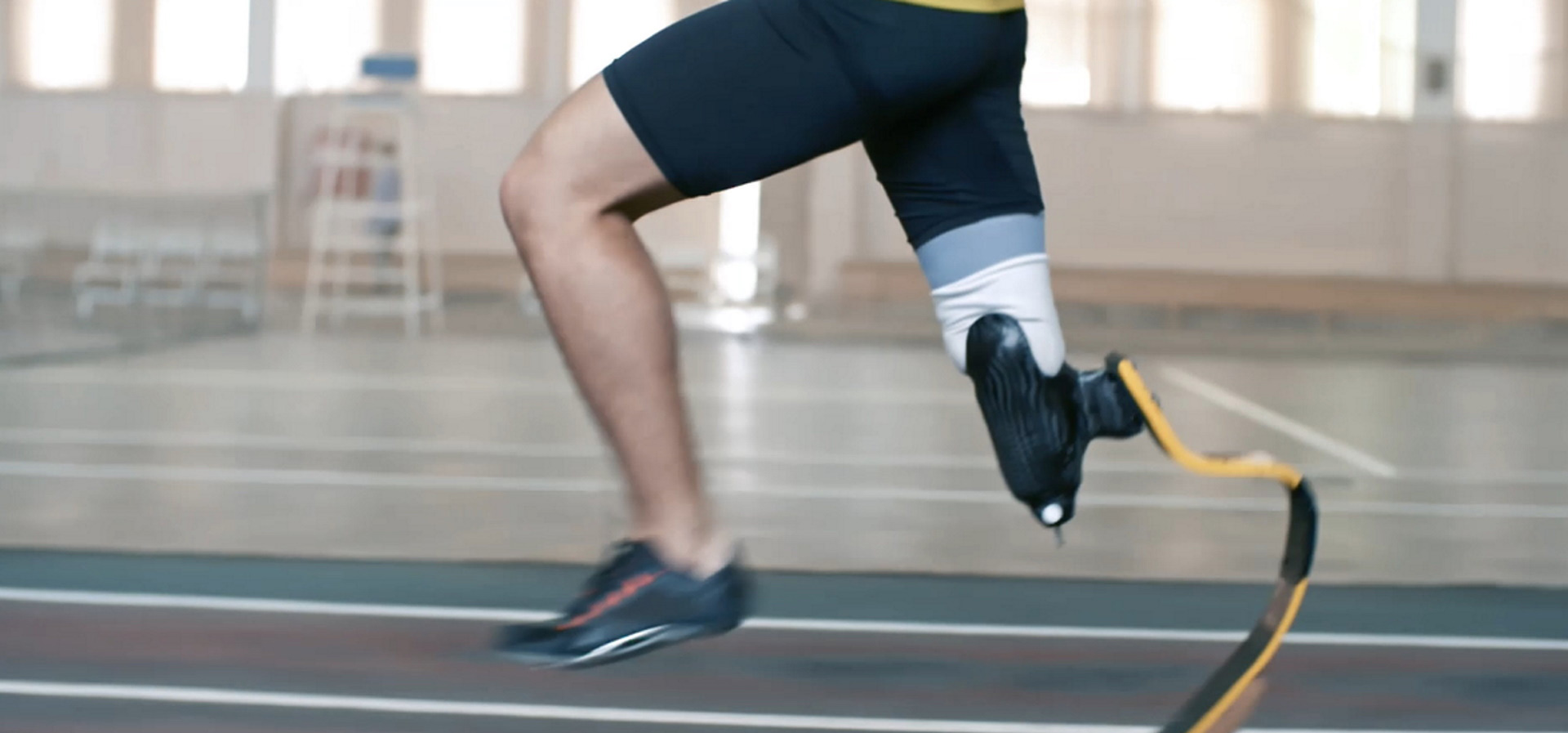Are you Ready for the Future of Manufacturing?
Digitalization is driving a development and manufacturing transformation in the Life Sciences Industry. Are you ready?
The Life Sciences industry is facing transformational change. The convergence of technology, digitalization, additive manufacturing, machine learning and 3D modeling is upon us. Indeed, the industry is poised to deliver breakthrough innovations at a rate, and cost, never thought possible. The challenges of this industry transformation for medical device manufactures and biopharmaceutical companies may be different but, for all, a more flexible, predictive approach to manufacturing is needed and digitalization is the key.
ARE YOU READY FOR THE FUTURE OF MANUFACTURING?
The Life Sciences industry is poised to deliver breakthrough innovations and patient experiences at a rate, and cost, never thought possible. Are you ready?
Operational Excellence Through Digital Continuity
Research shows that less than 16% of pharmaceutical organizations analyze their production processes in real time, while only 25% of manufacturers use a software application for collaboration with contract manufacturers, or vice versa. But without the right software applications, companies are at a huge disadvantage.
In the white paper ‘Beyond Operational Excellence through Digital Continuity: Sustainable Health for Biopharmaceutical Manufacturing’ by Julie Fraser and Amy Rowell, the focus might be on pharmaceutical, but the lessons learnt can be applied throughout the whole Life Sciences industry. Especially the paper’s stance that, by better understanding the entire manufacturing process via deeper analysis, a manufacturer can transform its business.
Beyond Operational Excellence through Digital Continuity
Sustainable Health for Biopharmaceutical Manufacturing
Different problems, one solution
For Medical Device companies, ‘personalization’ (or the trending buzzword ‘individualization’) is on everybody lips. Devices must be more modular and more adaptable. The market is trending towards combination devices which attach to the individual and can administer drugs.
For Pharmaceutical and Biotech companies, the pressure is on to discover innovative, more economical means of production. For example, major global pharmaceutical companies like Leo Pharma and AstraZeneca are shifting their focus to the growth opportunities of biologic products which excel at targeting individual patient needs and can be more effective with few side effects. But, due to their more complex manufacturing processes, the costs of Biologic research and production are still seen as prohibitive to wholesale adoption.
For the manufacturing roadblocks faced by each of the segments of our industry, digitalization is the solution. And digital continuity is the thread that ties them together.
Answering the big question
To achieve development and manufacturing excellence, a company must find the answer to the following question: “How do we create more agile manufacturing and production operations to meet the market demands?”
Companies like Trixell and Pacira are proving that, by wholeheartedly embracing digitalization and digital continuity, they have taken the most effective route to affordable excellence, while accelerating speed to any market they choose. This is how to attain a robust and sustainable commercial production process, and obtain critical production operations performance monitoring, that gives the flexibility to continuously evolve development and move the manufacturing process forward. Because standing still is one thing the industry cannot afford to do.
Explore our Industry Solutions Experiences
Learn more about how our Industry Solutions can help you achieve your professional ambitions and business objectives.
